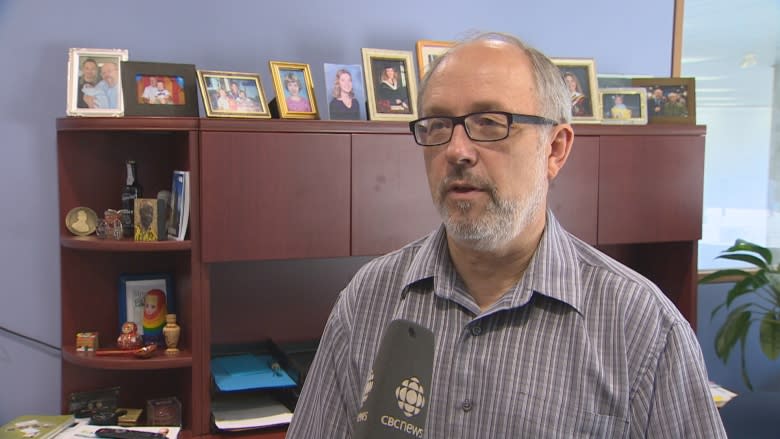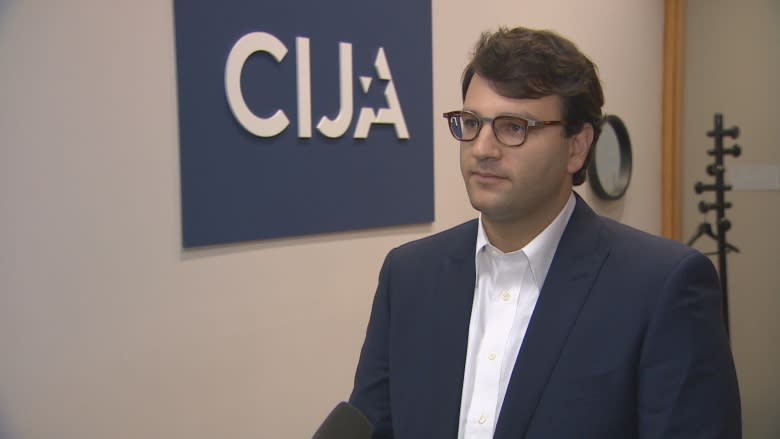City's toniest schools could apply for free breakfast program after human rights ruling
The city's health board is poised to add 300 private schools — including pricey institutions like Upper Canada College and Branksome Hall — to the list of schools eligible for a program that provides free breakfasts to underprivileged students.
CBC Toronto has learned the change comes after a human rights ruling by the city solicitor, which was made public last week.
"If you have a social equity program, you cannot distinguish on the basis of religion, or geography, or whether they are a publicly-funded or not publicly-funded school," said Coun. Joe Mihevc (Ward 21, St. Paul's), who chairs the city's health board.
The program has traditionally provided free breakfasts, plus a snack, only to students at public and Catholic schools in the city's lower-income neighbourhoods.
The ruling will be discussed at Wednesday's meeting of the Toronto Board of Health, which administers the so-called Student Nutrition Program (SNP).
If it's approved, Mihevc said the city will begin outreach programs to private schools, letting them know that they're now eligible to apply for the free breakfast program.
But although they will be eligible to apply, there is little chance schools that cater to the city's most well-heeled families will be approved for the SNP, he said.
"My sense is that it'll be fairly few schools," Mihevc said, "given that many people who are in independent schools are parents of means, and the school is a school of means."
The city will still extend the program to schools only in low income neighbourhoods, Mihevc said. That's determined by comparing postal codes in a particular school's zone with tax statements from the same area.
But a group that speaks for the city's private, tuition-charging Jewish schools — which launched the challenge of the city's policy two years ago — said they expect that some private schools will pass muster for the SNP.
"There is still the possibility of masked poverty, of people who live in a postal code that's that's generally affluent but not necessarily everybody there is at the same level," said Noah Shack, vice president of the Centre for Israel and Jewish Affairs, in North York.
"Very few" private schools expected to qualify
Currently, the SNP serves about 600 of Toronto's 800 publicly-funded schools, at a cost to the city of about $12.5 million a year, Mihevc said. That's about 18 per cent of the total cost. The province covers the rest of the tab, he said.
The change will mean a 50 per cent increase in the number of schools eligible to apply for the program.
Although he expects the SNP will be extended to "very few" private schools, Mihevc said there's no way of knowing just how many will pass muster until applications begin flowing in to the city in the weeks ahead.
Private schools could be added to the SNP roster for the 2018/2019 school year, he said.
Plan will be discussed Wednesday
He said the health board's 2018 budget includes about $600,000 to cover private schools that may prove to be eligible for the SNP.
That budget, and other health board expenses for 2018, will be discussed by the board on Wednesday. Once it has passed, it still needs final approval from city council.
In an email to CBC Toronto on Friday, a spokesperson for Upper Canada College wrote:
"Upper Canada College is currently not aware of any potential applicability to UCC from the School Nutrition program. UCC believes in the importance of wellbeing to student success and is encouraged that a greater number of Toronto students may benefit from this program."



